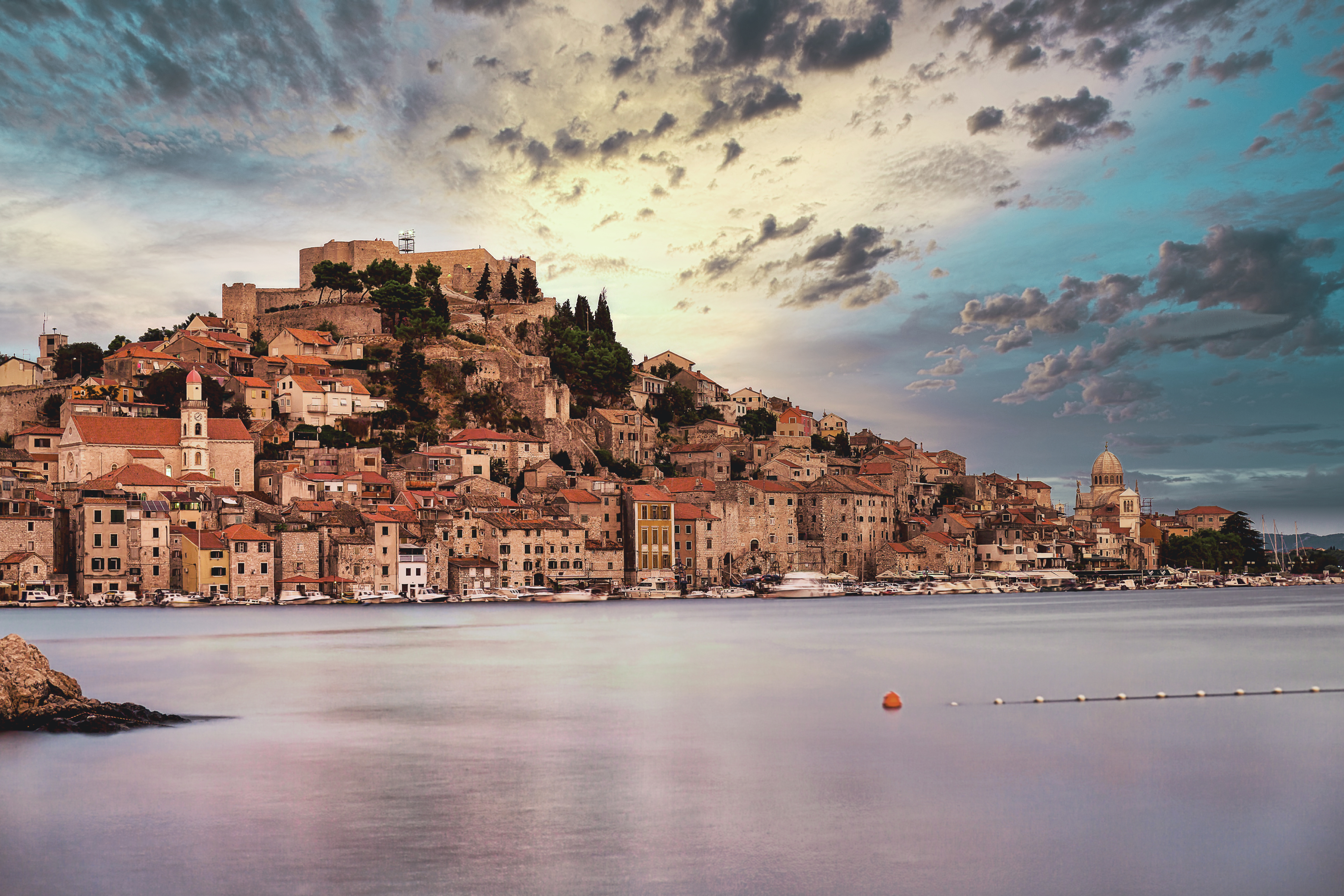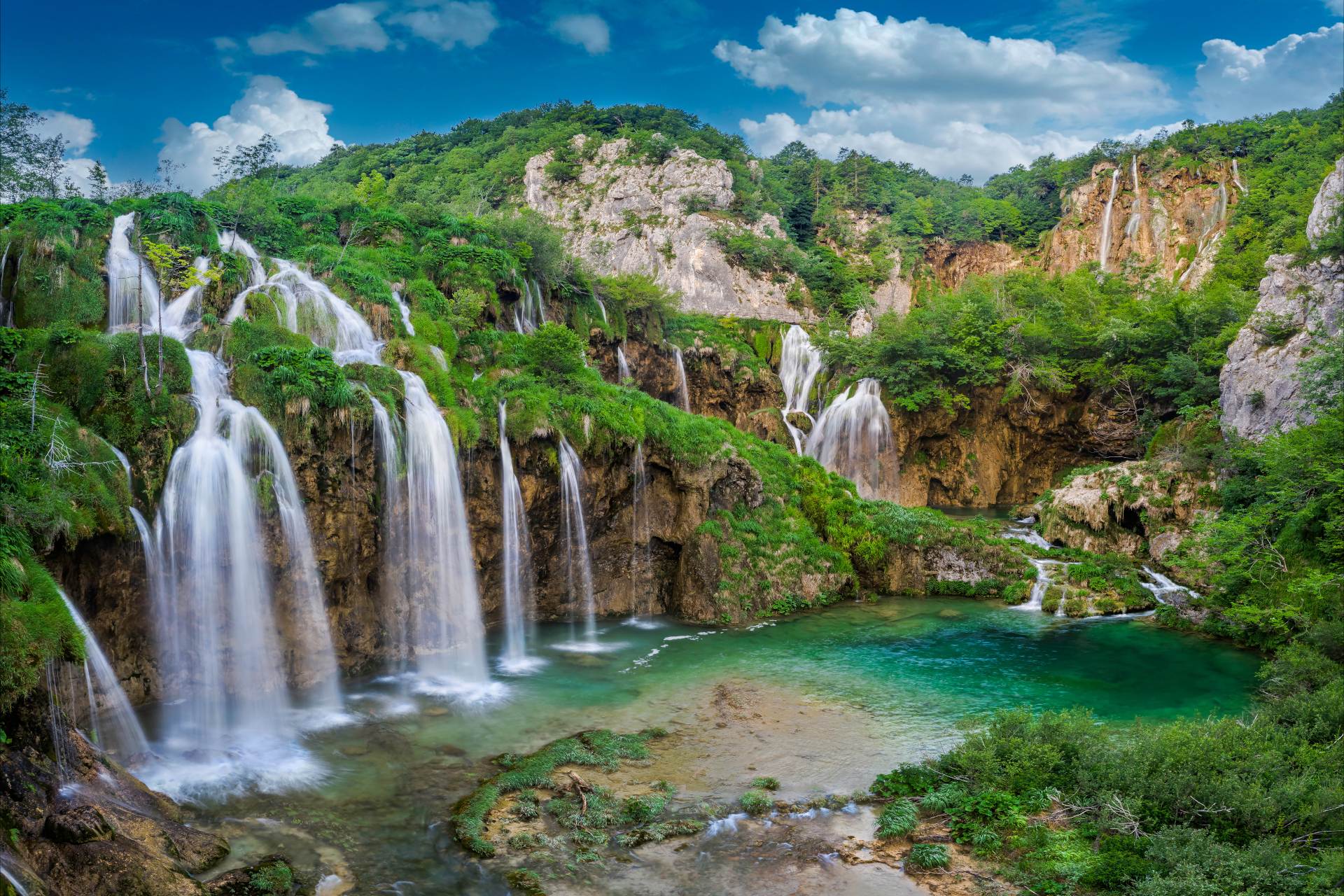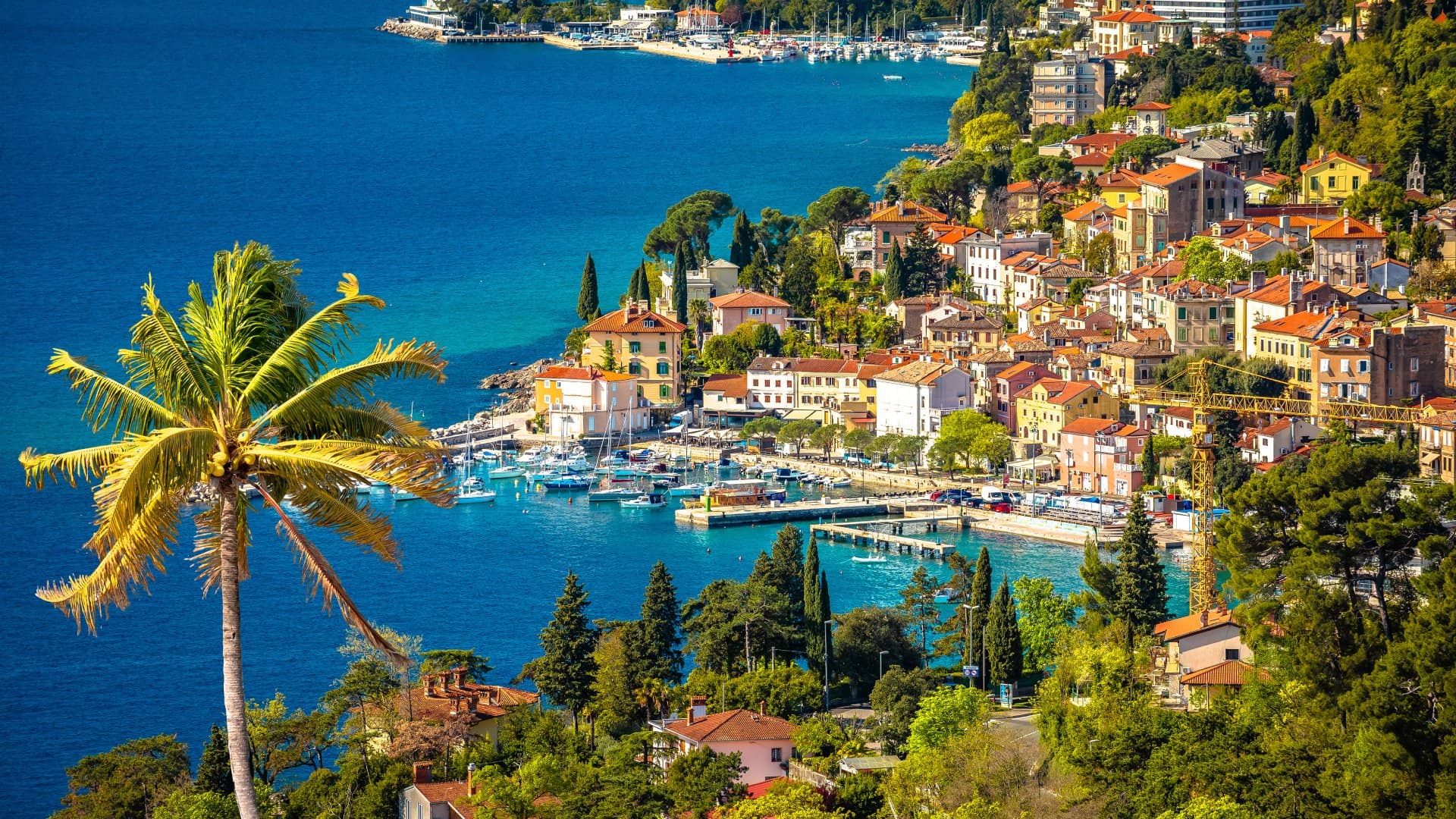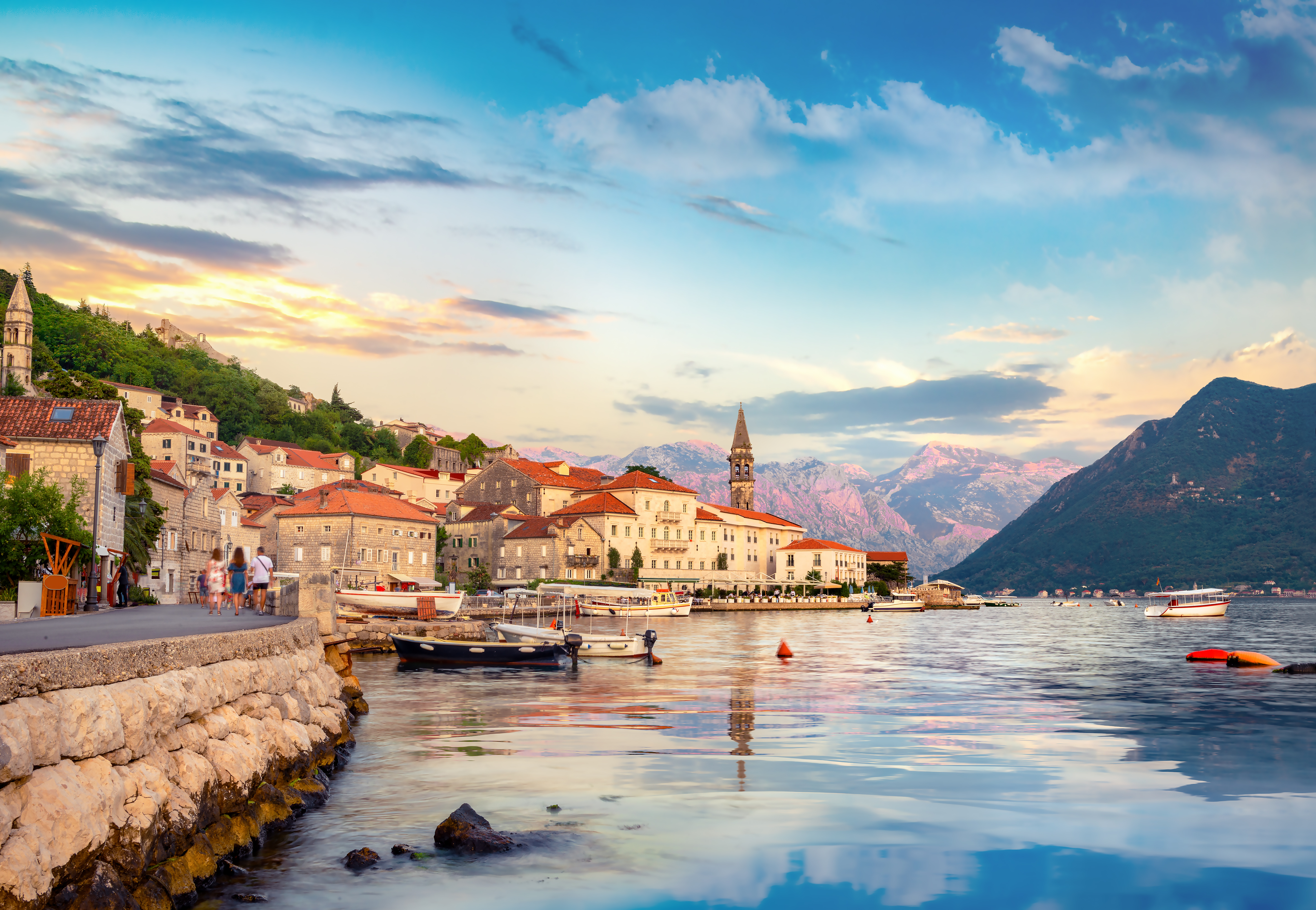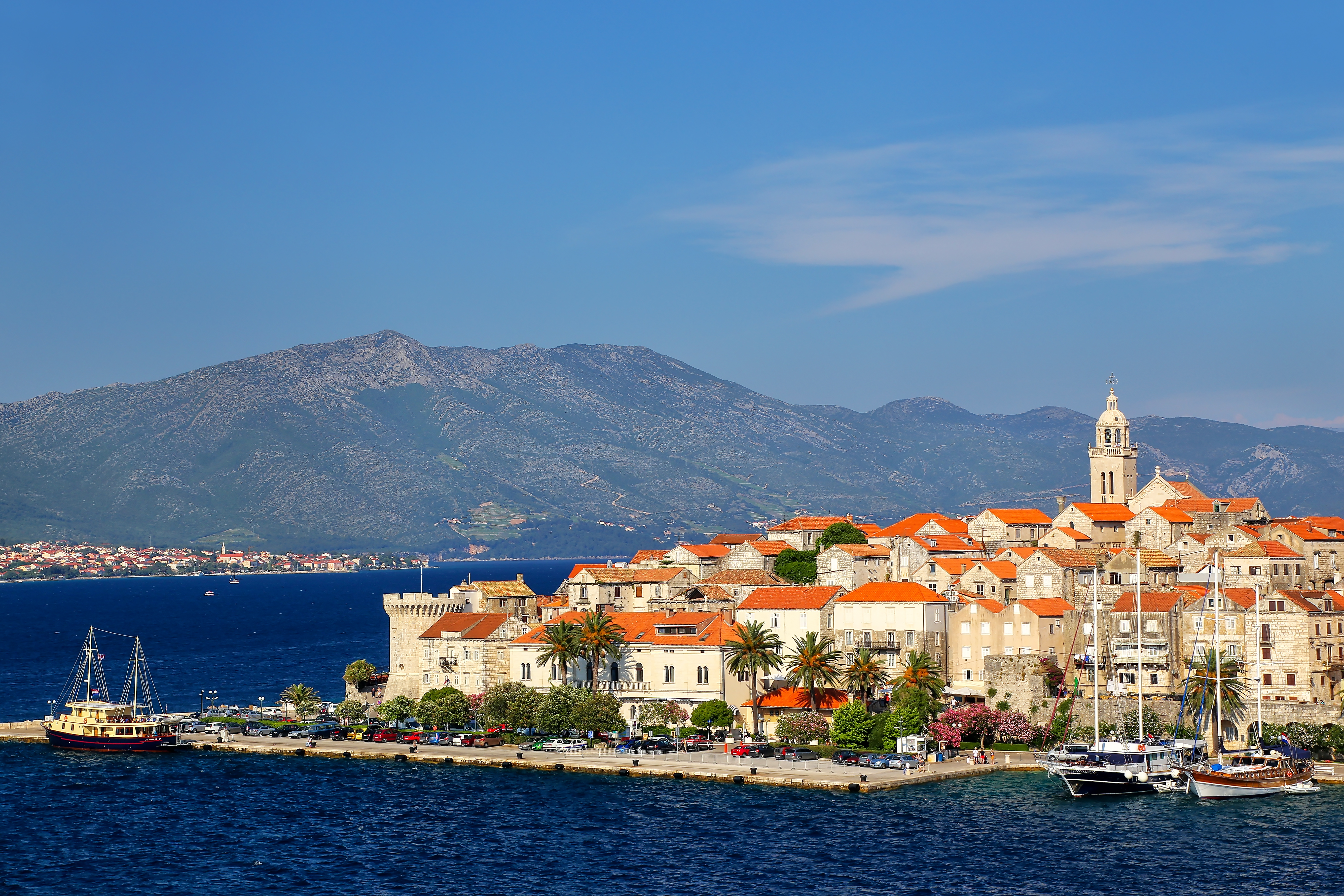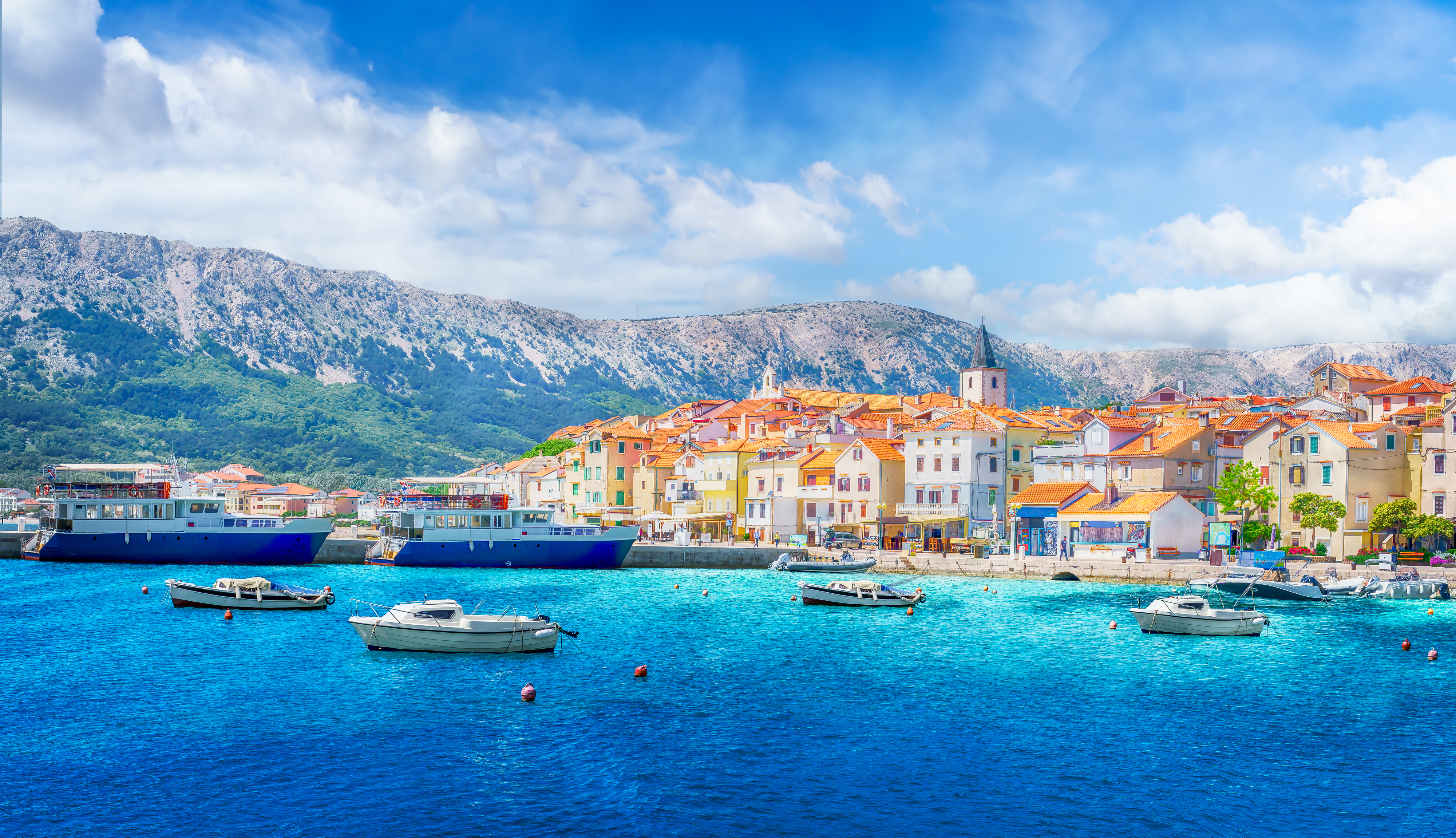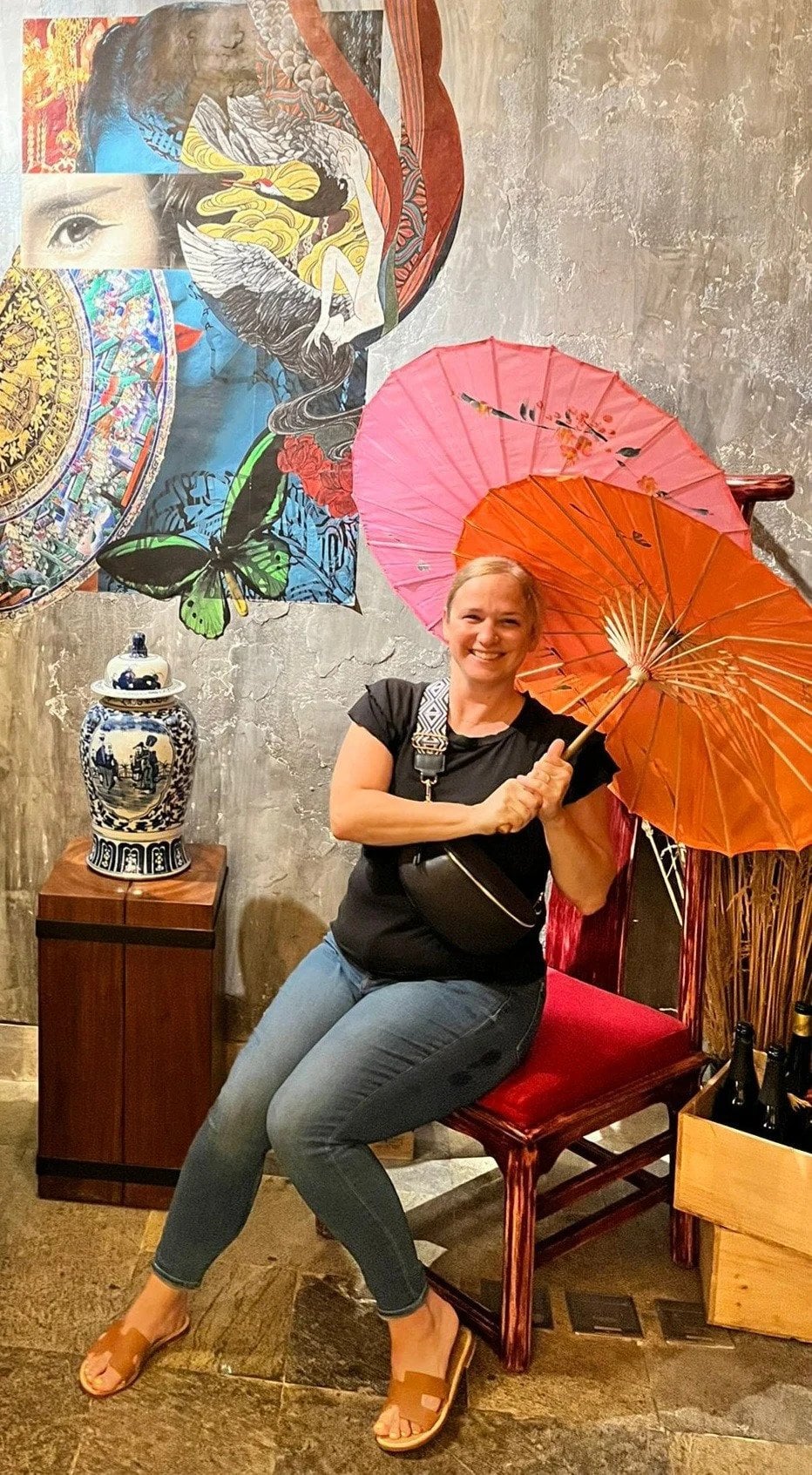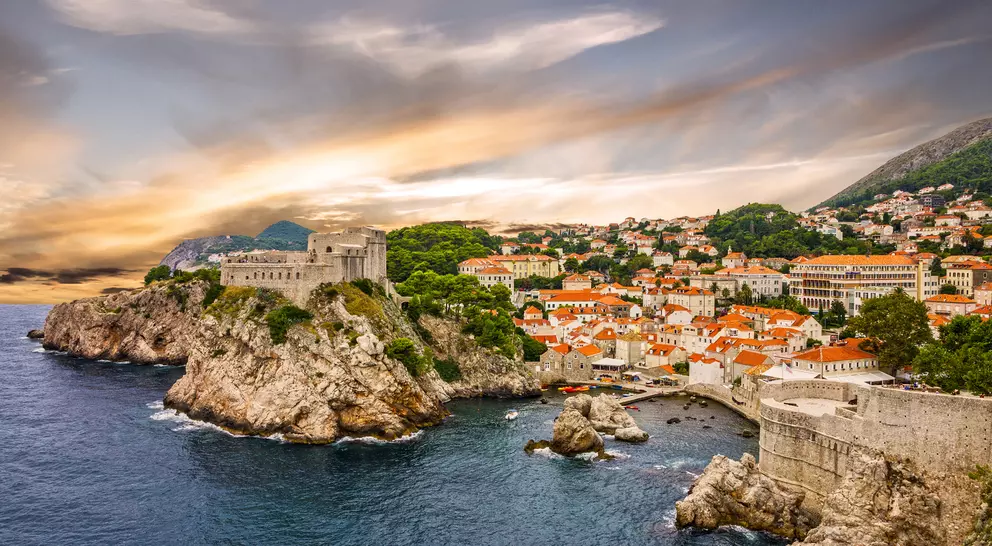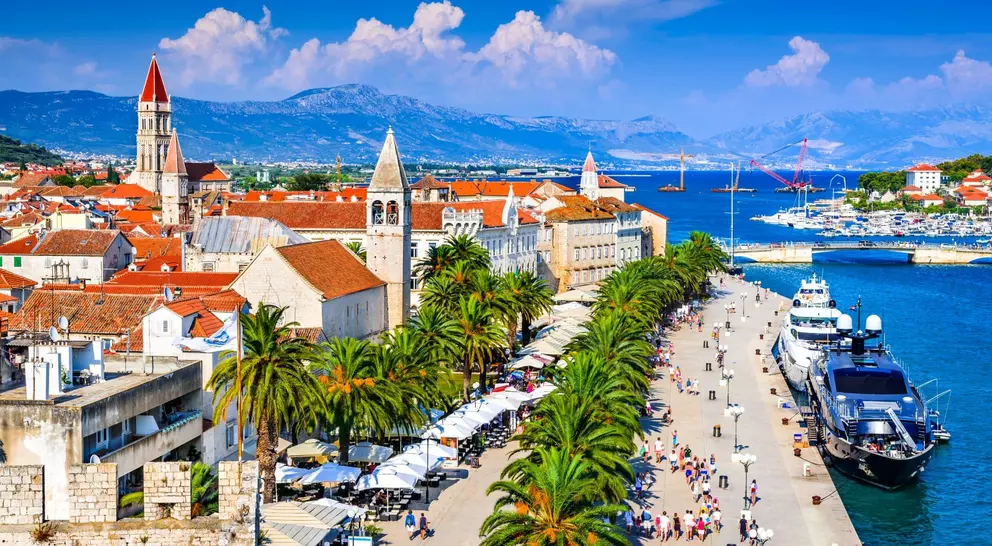May to June and September to October are ideal, with warm, sunny weather and fewer crowds compared to the busy summer season.
Discover Tailor-Made Croatia Vacations
Coastal vistas, medieval charm, and delicious cuisine make a trip to Croatia unforgettable
With more than 1,000 islands and a coastline dotted with fortified cities that look straight out of a fairytale, Croatia is a place best discovered in motion—by boat, by road trip, and through the stories uncovered at every stop. From visiting olive oil farms and Roman ruins on the northwestern peninsula of Istria to island-hopping and wine-tasting along the Dalmatian coast, the best Croatia tours are as multifaceted as the country itself.
Featured Highlights
- Private walking tours of Dubrovnik’s medieval Old Town with a local historian
- Island-hopping on a shared cruise around the scenic Dalmatian Islands
- Wine tastings amid vineyards and villages in Istria’s rolling countryside
- Exploring Diocletian’s Palace in Split with a knowledgeable private guide
- Sunset kayaking along the Adriatic coastline’s hidden coves and cliffs
- Visiting Plitvice Lakes National Park with your own private guide
Featured Croatia Trip Ideas
Experience Croatia’s history, culture, and coastline in a way that’s intimate, immersive, and unforgettable.Croatia presents seemingly endless opportunities for adventure, from trekking up gorges in Paklenica National Park to watching a centuries-old knights' tournament near Split. Choosing a bespoke Croatia trip gives you the flexibility to indulge in as much cultural exploration, coastal relaxation, and outdoor activities as you like. Pair private tours of UNESCO World Heritage Sites with wilderness cruises to islands like Korčula and Brač, or fill your itinerary with cooking classes with locals, customized wine tastings at boutique vineyards, and farm-to-table dinners off the main tourist trail. Goway’s Destination Specialists know the hidden gems that aren’t in most guidebooks, from secluded beaches to culinary adventures led by private guides.
Read More
Classic Croatia: Zagreb, Split & Dubrovnik
Dubrovnik, Dubrovnik City Walls, Split, and ZagrebCroatia In Style: Dubrovnik & Dalmatian Cruise
Split, Dubrovnik, and Dubrovnik City WallsCroatian Rhapsody: Zagreb to Dubrovnik
Dubrovnik, Dubrovnik City Walls, Split, and ZagrebCroatia & the Dalmatian Coast
Croatian Wilderness Cruise: Split, Brač & Korčula
Kvarner Bay Islands Cruise
This 8-day Croatia cruise sets sail from Opatija, taking a mix of Adriatic highlights and lesser known gems.
Spend your first evening in Krk, one of the most varied of villages in the region. Then set sail for Rab Island, where medieval walls still...
Don't see the
perfect trip idea?
Request a custom quote.
Turn your travel dreams into reality with Goway. Our customized vacations take travellers to all corners of the world.
What do Goway's travellers say?
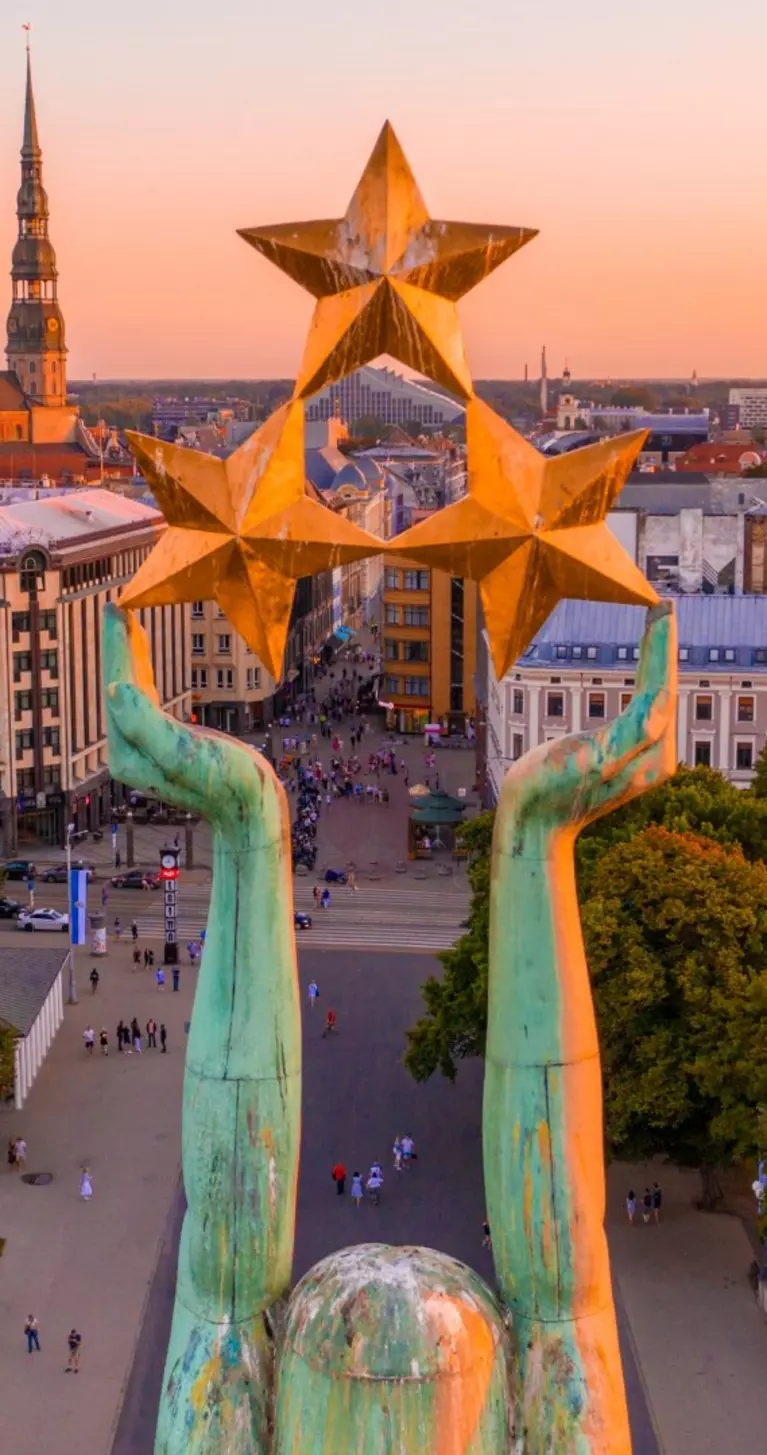
Get to know Croatia before you go.
Best Time To Visit
The best time to visit Croatia often comes down to the experience you’re chasing.
Summer, from June to early September, is the country’s high season for good reason. Sun-drenched days, warm Adriatic waters, and lively seaside towns buzzing late into the night all come together to create an idyllic backdrop for island-hopping, open-air festivals, and beach clubs—though you’ll be sharing them with plenty of fellow travellers.
For many, the real magic unfolds in early autumn (mid-September to October), when the crowds thin out and the temperature cools, while still remaining balmy enough for beach days. “In early fall, the sea is still warm from the summer heat, making it perfect for swimming,” says Destination Specialist Ainslee Hansen. “Fall is also grape and truffle harvest season, which is ideal for food and wine lovers.”
Winter (November to April) brings a quieter beauty. Along the coast, the weather stays mild (though you’ll still need a light jacket) and cities like Dubrovnik and Split become blissfully free of tourist throngs. Inland, mountain regions grow chilly, setting the scene for cozy escapes.
Spring (May to early June) feels like a grand awakening. Lavender fields on Hvar begin to bloom, national parks grow lush, and café terraces fill once more. With mild weather and fewer visitors, it’s another sweet spot for exploration.
Explore our guide to the best time to visit Croatia, and let us help you choose the perfect time for your Croatia adventure.
What do the experts say?
One of the most memorable traditions travellers should experience in Croatia is the Sinjska Alka. Held every August in the town of Sinj, near Split, it’s a centuries-old knights’ tournament where horsemen in traditional uniforms gallop at full speed trying to spear a small iron ring (“alka”) with their lances
One common misconception travellers have about Croatia is that it’s only about Dubrovnik and the Dalmatian coast. Inland regions like Zagreb, Istria, and Slavonia offer wine routes, truffle hunting, castles, and cultural festivals. Nature is also often overlooked. Beyond the famous Plitvice Lakes, there are mountains for hiking, rivers for rafting, and even thermal spas.
In early fall, the sea is still warm from the summer heat, making it perfect for swimming. Fall is also grape and truffle harvest season, which is ideal for food and wine lovers.
Imagine wine tasting in Brač, where wine is aged underwater among coral, and you can dive to select your bottle!
Places To Go
Handcrafted journeys to our most popular places to visit in Croatia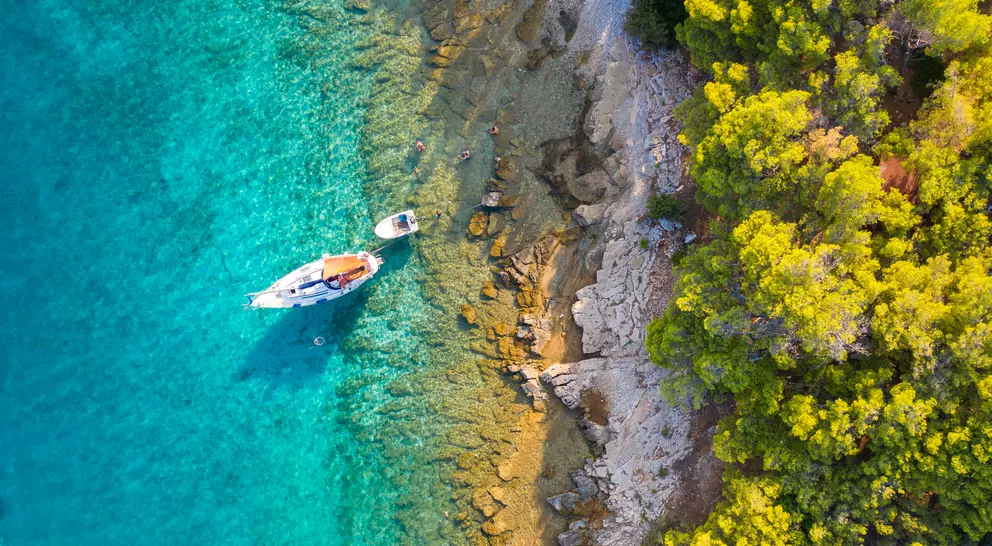
Hvar
Hvar is a lively island with an active nightlife, favoured by the “rich and famous.” But there is...
Hvar is a lively island with an active nightlife, favoured by the “rich and famous.” But there is more to Hvar on a Croatian vacation than that. It is the 4th largest Croatian island with a high...
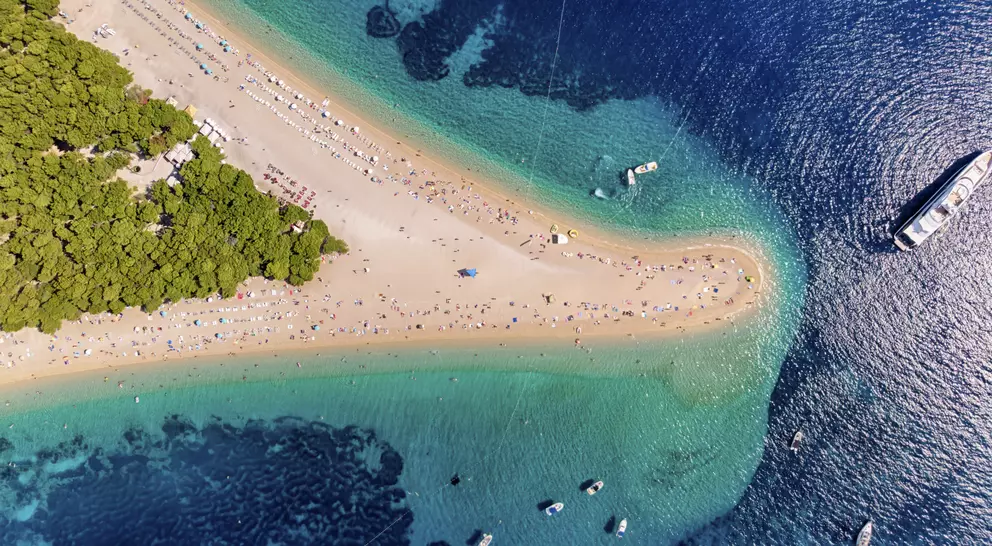
Split
Split is the second-largest city in Croatia and the largest city on the Adriatic coast when on a...
Split is the second-largest city in Croatia and the largest city on the Adriatic coast when on a Croatia vacation. Facing the harbour is the Diocletian Palace, one of the most amazing Roman ruins...
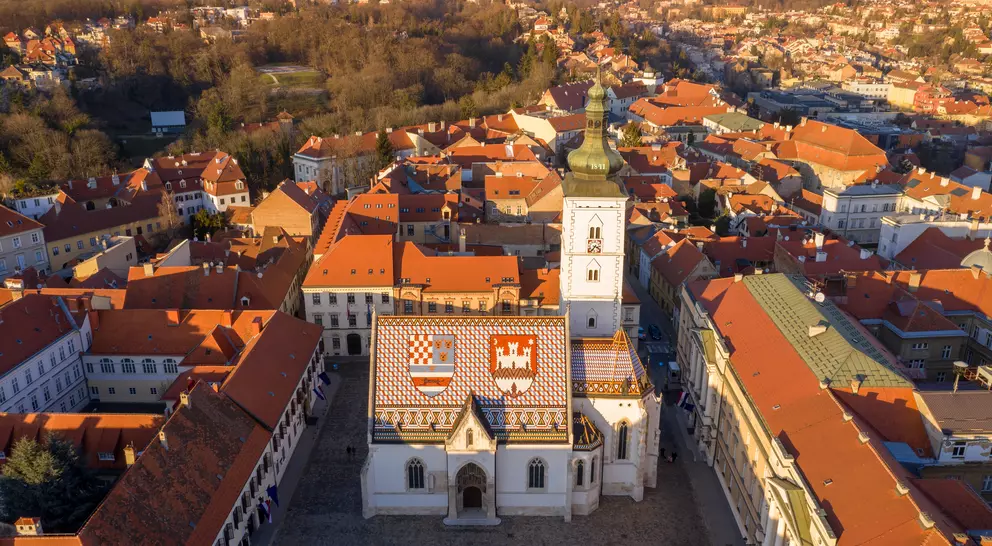
Zagreb
Zagreb is a distinctly Central European city located in the middle of the triangle of Vienna,...
Zagreb is a distinctly Central European city located in the middle of the triangle of Vienna, Budapest and Venice. It has always been and remains a part of the cultural circle of central Europe. It...
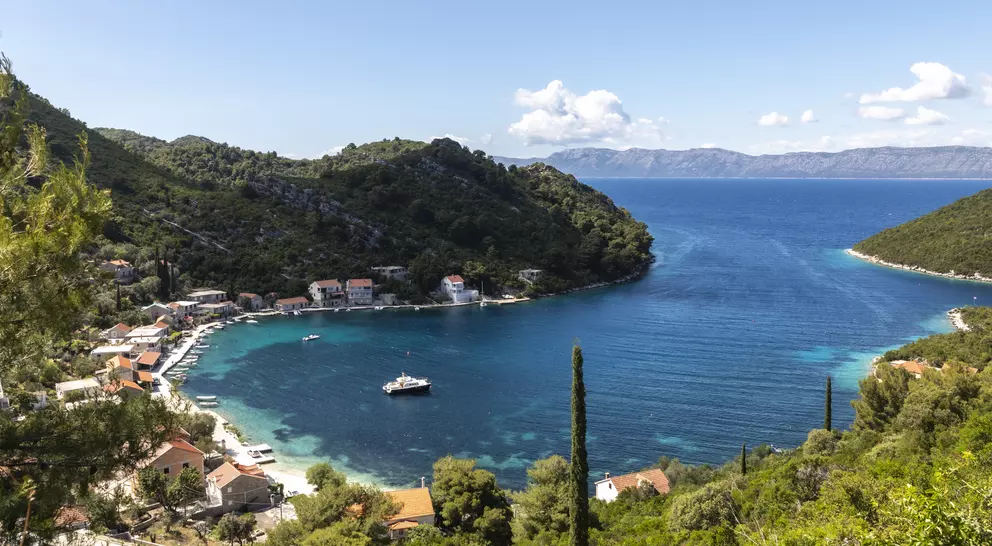
Mljet
Mljet is 37 kilometres/23 miles from Dubrovnik and is reached by ferry from there. Over 2/3rds of...
Mljet is 37 kilometres/23 miles from Dubrovnik and is reached by ferry from there. Over 2/3rds of the island is covered in forest and half of it is a National Park. The rest is dotted with fields,...
Travel Styles
Explore Croatia by Travel Type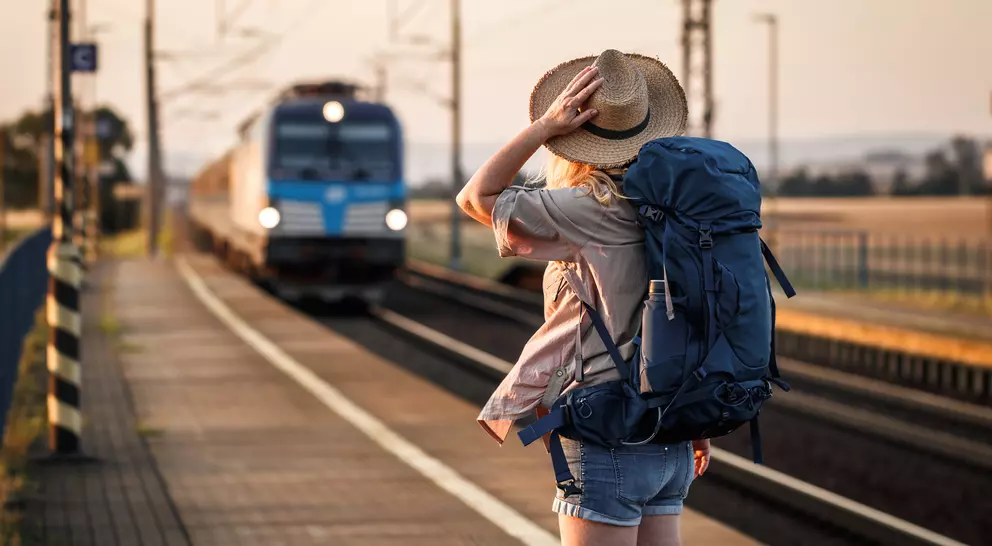
Ways to Travel

Themes
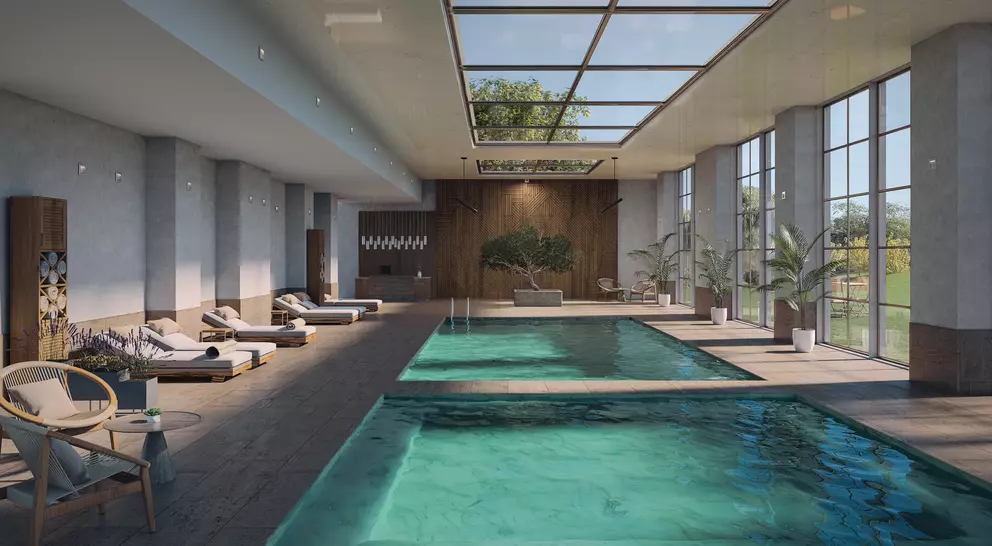
Collections

Ways to Travel

Themes

Collections
Frequently Asked Questions
What is the best time to visit Croatia?
How many days should I spend in Croatia?
A week is enough time to see highlights like the Dalmatian Coast, a couple of islands, and Plitvice Lakes. Ten days is perfect if you’d like to add another region, such as Istria, Slavonia, or Eastern Croatia.
Is Croatia expensive to visit?
Croatia is relatively more affordable than some other European destinations like Italy or France, though prices rise in the summer and in hotspots like Dubrovnik. You’ll find better value during the shoulder seasons and in lesser-visited regions.
Can I island-hop in Croatia?
Yes. With 1,000-plus islands (around 50 inhabited), you can hop between them by ferry, catamaran, small-ship cruise, private yacht, or even seaplane.
What is Croatia famous for?
Croatia is known for its dazzling Adriatic coastline, hundreds of islands and beaches, and historic cities like Split and Dubrovnik, which were famously featured in Game of Thrones.
Is Croatia part of the EU?
Yes. Croatia joined the EU in 2013 and became a Schengen Area member in 2023.
Do I need a visa for Croatia?
No, you do not need a visa to visit Croatia if you’re a citizen of a visa-exempt country (U.S., Canada, Australia) and only staying up to 90 days. Starting in 2026, you may need to register with the ETIAS (European Travel Information and Authorization System) before departure.
What is the currency in Croatia?
The currency used in Croatia is the Euro (EUR).
Can you swim in Croatia’s beaches?
Yes. The Adriatic is among the cleanest seas in Europe. Many beaches are pebbly or rocky, so water shoes are recommended.
Is English spoken in Croatia?
Yes, English is widely spoken in Croatia, especially in tourist areas.
What are the must-see cities in Croatia?
Dubrovnik for its UNESCO-listed Old Town, Split for its Roman heritage, and Zagreb for its lively cultural scene.
Can I rent a car in Croatia?
Yes, you can rent a car if you’re at least 18 with a valid driver’s license, passport, and credit card. While not always required by rental companies, carrying an International Driving Permit is recommended.
Unlock more by subscribing to our newsletter.
With our newsletter, you’ll get access to regular communications that inspire you and help you explore the world your way.
